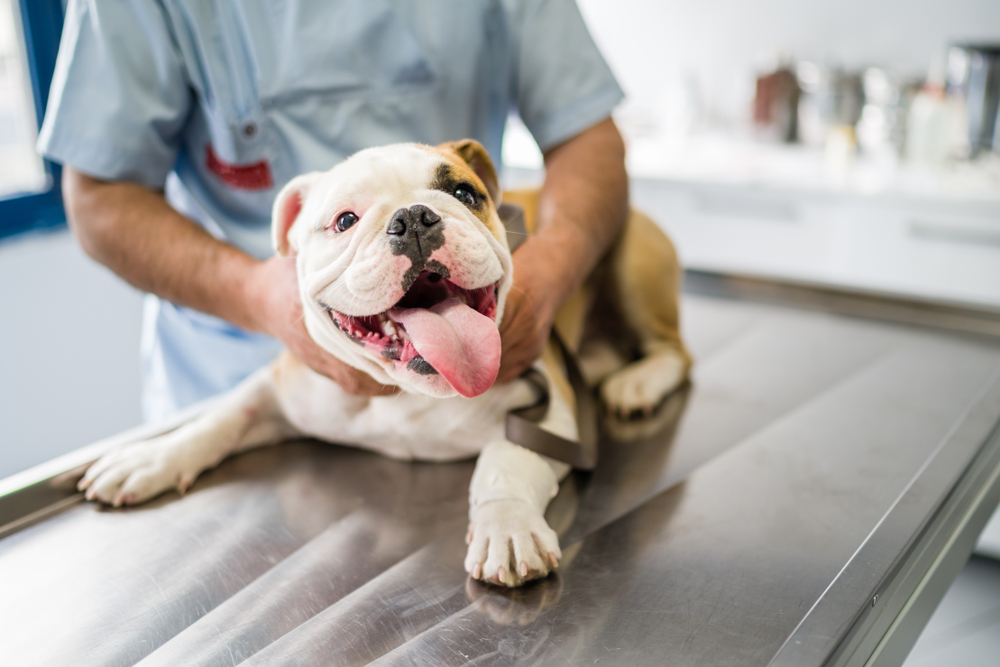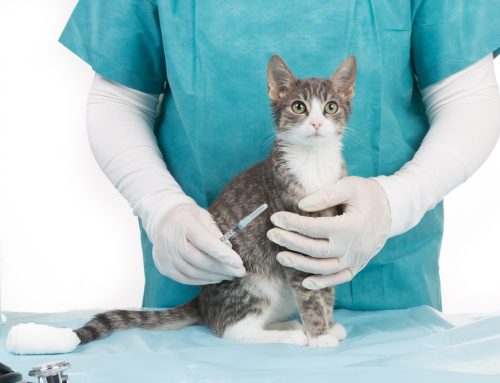If you are like many other pet owners, you may have chosen your pet based on their breed, which influences their appearance, temperament, and energy level. A pet’s breed can also determine their predisposition to specific health issues. By understanding these common health problems in your pet, you can take proactive steps to ensure their health and longevity. Our Bayview Animal Hospital team explores some of the most common breed-related health issues in cats and dogs.
Breed-related health conditions in cats
Your furry feline may be known for their exotic look and unusually quirky personality. Purebred cats are understandably popular for those reasons. However, medical conditions can affect the following cat breeds:
- Persian cats — Persian cats are brachycephalic, meaning they have flat facial conformations that can lead to respiratory issues such as difficulty breathing, noisy breathing, and snoring. These cats are also predisposed to polycystic kidney disease (PKD). This genetic disorder causes cysts to form in the kidneys, often causing kidney failure over time. Regular wellness exams and ultrasounds can help manage PKD.
- Maine coon cats — This beautiful, sizable breed is predisposed to hypertrophic cardiomyopathy, a heart condition that thickens the heart muscles, which can eventually cause heart failure. Early detection through echocardiograms is critical to managing this condition. Another issue to which Maine coon cats are prone is spinal muscular atrophy (SMA). This genetic disorder affects the spinal cord neurons, leading to muscle weakness and atrophy.
- Siamese cats — These unique cats whose vocalizations are distinct can develop conditions such as progressive retinal atrophy (PRA). PRA is a genetic condition in Siamese cats that causes their retinas to gradually deteriorate, leading to blindness. Siamese cats are often prone to respiratory problems, including asthma and bronchitis.
- Bengal cats — Like Maine coon cats, Bengal cats are susceptible to heart conditions, including hypertrophic cardiomyopathy. This breed is also prone to flat-chested kitten syndrome, which affects Bengal kittens’ chest wall development, leading to breathing difficulties.
Breed-related health conditions in dogs
Dozens of dog breeds exist, each of which has a special appeal to pet owners. However, some favored breeds inherit health problems. Common breeds genetically predisposed to health issues include:
- Labrador retrievers — The lovable Lab is a popular household pet, but they are prone to hip and elbow dysplasia, which affects the joints and causes pain, leading to arthritis. Maintaining a healthy weight and providing joint supplements can help manage your Labrador retriever’s dysplasia. Labradors are notorious for their love of food. Unfortunately, they are also prone to obesity, which can exacerbate joint problems and lead to other health issues such as diabetes and heart disease.
- German shepherd dogs — Like Labradors, German shepherd dogs often develop hip dysplasia and other joint disorders. German shepherd dogs are high-energy and intelligent, and they enjoy engaging in rough and rowdy play, which increases their joint injury risk. Another common breed-related issue in German shepherd dogs is degenerative myelopathy, a progressive spinal cord disease that leads to hind leg weakness and paralysis.
- Bulldogs — The stout and squishy-faced bullie is prone to brachycephalic obstructive airway syndrome, which causes severe breathing issues as a result of their facial conformation. Hot weather and physical exertion negatively affect brachycephalic breeds, including bulldogs, pugs, and French bulldogs. If your dog belongs to a brachycephalic breed, avoid exposing them to hot conditions or intense exercise.
- Golden retrievers — These friendly, family-oriented dogs have a high cancer incidence such as hemangiosarcoma and lymphoma. This breed is also susceptible to hip and elbow dysplasia, typical of many large-breed dogs who can develop joint conditions over time.
- Dachshunds — Lovingly referred to as weenie dogs, dachshunds are genetically predisposed to intervertebral disc disease (IVDD). Because of their long spine and short legs, dachshunds often have back problems, leading to pain and paralysis. Obesity is common in the breed, which can exacerbate spinal issues and other health problems.
Preventive care for breed-related conditions in pets

While genetics play a pivotal role in your pet’s health, you can take measures to prevent or manage inherited conditions. The following are measures you can take to help your furry friend stay healthy:
- Schedule regular wellness exams — Routine exams conducted by our Bayview Animal Hospital team can detect issues early and effectively manage genetic conditions.
- Feed your pet a nutritious diet — Proper nutrition can prevent or alleviate many breed-related health issues by maintaining your pet at a healthy weight.
- Consider genetic testing — For breeds prone to certain hereditary conditions, genetic testing can provide early detection and guide breeding practices to reduce these issues’ prevalence.
By being aware of common breed-related health issues, you can take proactive steps to provide optimal care for your unique pet, helping ensure they live a healthy, happy, and long life. Contact our Bayview Animal Hospital team for additional information about your pet’s breed.







Leave A Comment